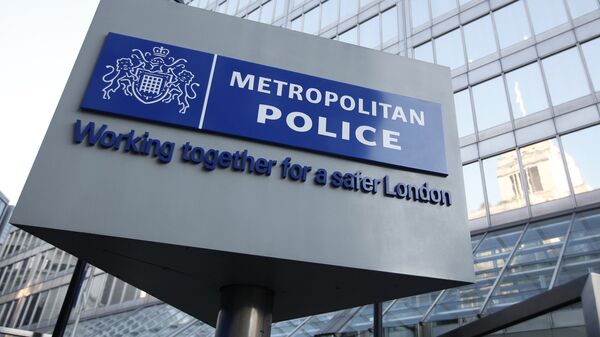Sputnik: The Metropolitan Police has announced that police constable recruits will be able to join the service on a part-time basis, becoming the first force in the UK to make such roles available. How significant is this new initiative?
I think it's a sensible, sensible move to have a kind of modern and innovative service. You think it would make work hours more flexible to fit around different lifestyles, different demands such as family requirements. So you think it would be a benefit to existing and potential female officers and male officers actually. The hours are more flexible and it won't just improve the capacity of the police service in terms of numbers, but it will improve its diversity and its flexibility and its responsiveness and that also, hopefully, improve the representativeness of police officers in terms of how much they represent in the community. So I would think, executed appropriately, this is a beneficial move.
Sputnik: Will this new policy make an impact on crime, in particular, Britain's worsening knife epidemic that is effecting across the country?
If that's what this measure does lead to the increasing capacity and flexibility to work with the general public. and other social justice youth justice and criminal justice based organizations; it can only be beneficial really, if the police have more time or resource to do the right things, rather than are so restricted, pressurized financially and resource wise, that they are forced into too much of the wrong approach in isolation steps; being entirely reactive to a social problem then, and I think this could well be beneficial. Yes, I think it's a suitably flexible and complex approach to dealing with complex social problem, which is what crime is.
Sputnik: What other policies should go alongside this new draft of measures being put forward by the Metropolitan Police today?
So working more closely with communities intelligence gathering, working more closely and multi-agency partnerships with other organizations sharing resources and sharing information and that's what the police need. The police need time and space to do these kinds of things, and they need to not be the only agency charged with dealing these social problems. They need to have a suitable response to something knife crime, which is multi-agency. It's complex. It's on a number of levels. It's to do with engaging with communities and engaging with perpetrators, and it isn't simply a punitive criminal justice based response. And particularly one that's entirely based around stop and search and that's not what anybody wants to clean the place.




